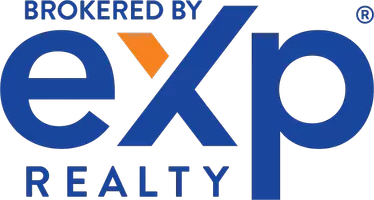How To Get Pre-Approved For A Mortgage
Buying a home is one of the biggest financial decisions you will make in your lifetime. In order to do so, most people need to take out a mortgage. However, getting approved for a mortgage can be a daunting process that seems overwhelming to many buyers. One of the first steps in the mortgage process is getting pre-approved. Here is a step-by-step guide on how to get pre-approved for a mortgage.
Credit Score
Your credit score plays a critical role in the mortgage process. Lenders use your credit score to determine if you are a risk to lend money to. The higher your credit score, the more likely you are to be approved for a mortgage. It is essential to review your credit report before applying for a mortgage to ensure there are no errors or issues that may negatively impact your application. Minimum credit score requirements can vary by lender but for a 3.5% down FHA loan lenders will typically want a minimum of a 580 credit score. Conventional has a minimum credit score of 620, and VA/USDA technically don't have a minimum credit score requirement.
Documents Needed
When you apply for a mortgage, you will need to provide various documents to the lender. These documents typically include:
- Proof of Income: This can include W-2s, pay stubs, and tax returns.
- Proof of Assets: This can include bank statements, investment account statements, and retirement account statements.
- Employment Verification: Lenders will want to verify your current employment status and salary.
- Personal Identification: You will need to provide a valid driver's license or passport.
Down Payment
Most lenders require a down payment for a mortgage. The down payment amount can vary depending on the type of mortgage and the lender's requirements. Typically, the down payment ranges from 3% to 20% of the home's purchase price. Keep in mind that the more money you put down, the lower your monthly mortgage payments will be.
Closing Costs
Closing costs are the fees associated with buying a home. These can include appraisal fees, attorney fees, title search fees, property taxes and more. Closing costs can range from 2% to 5% of the purchase price of the home. It is important to factor in closing costs when determining how much house you can afford.
Employment
Lenders want to ensure that you have a stable job history and income to repay the mortgage. It is best to avoid changing jobs or quitting your current job during the mortgage process. It is also important to be prepared to explain any gaps in employment history.
In conclusion, getting pre-approved for a mortgage is a crucial step in the home buying process. By reviewing your credit score, collecting necessary documents, factoring in down payment and closing costs, and maintaining stable employment, you can increase your chances of getting approved for a mortgage that fits your financial goals. Talk to a lender to get started on your pre-approval process today.
Categories
Recent Posts











